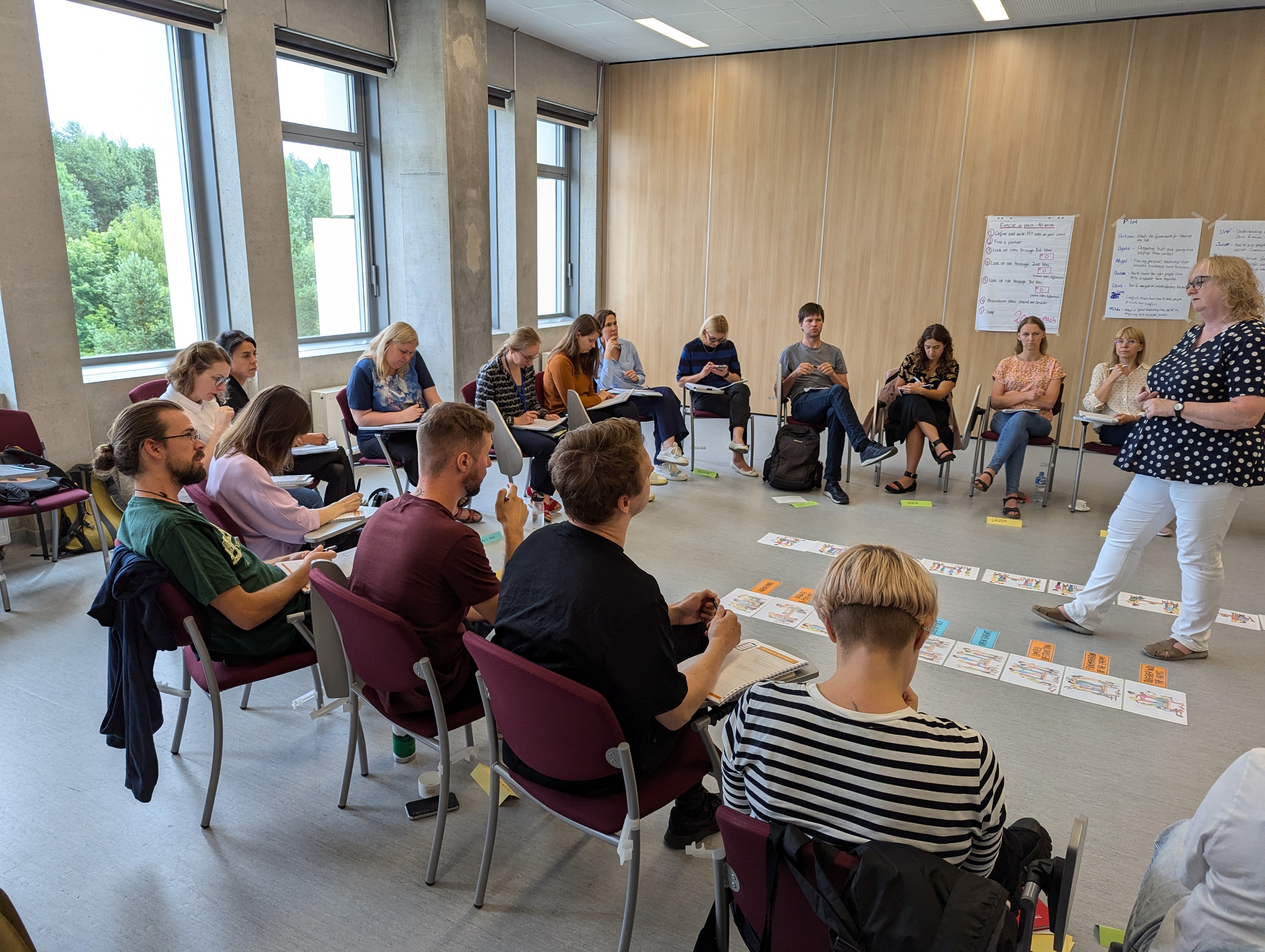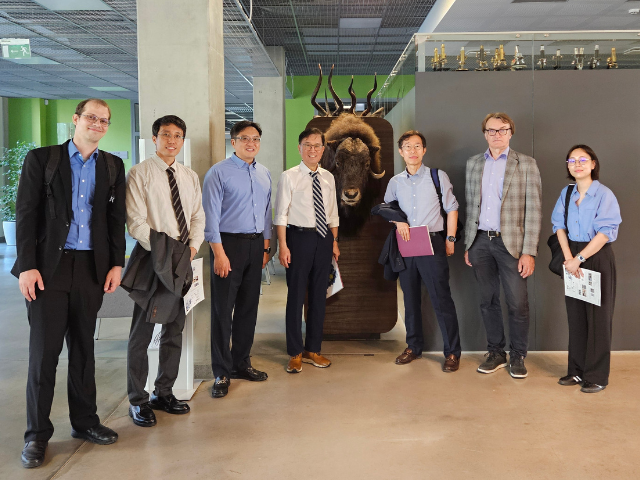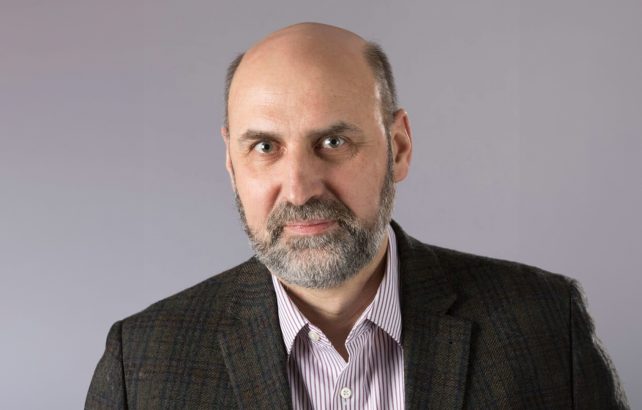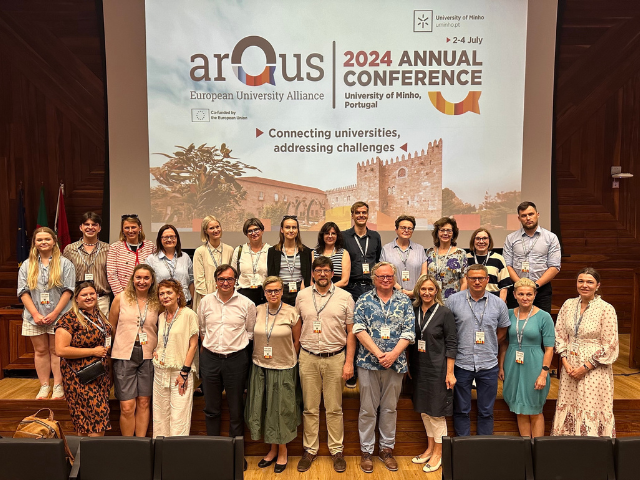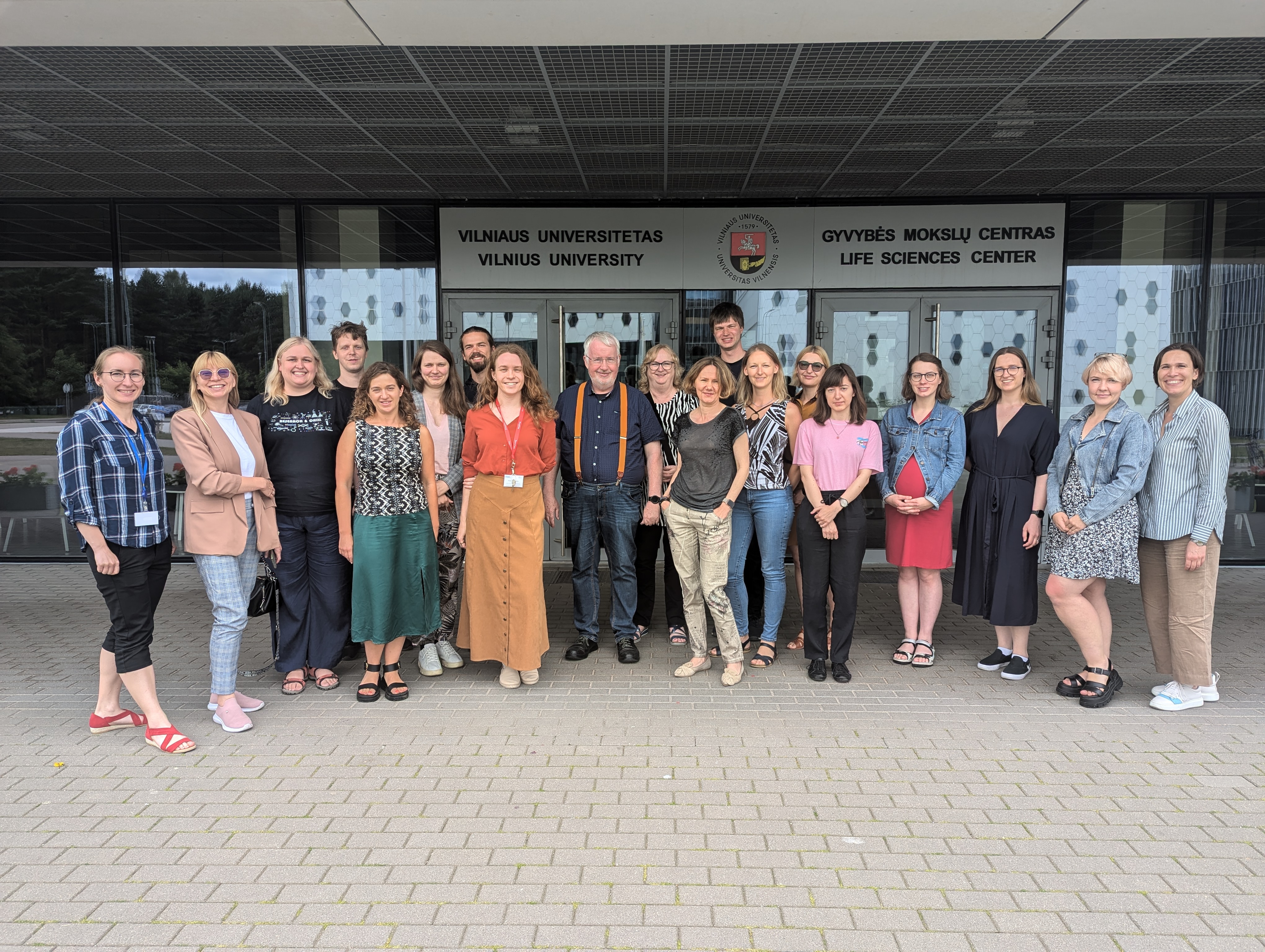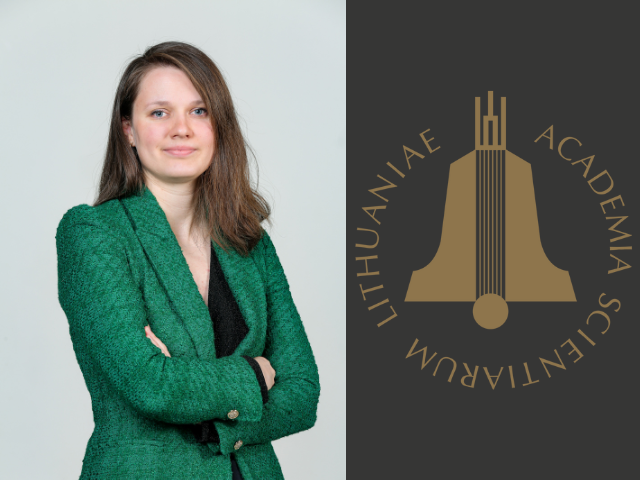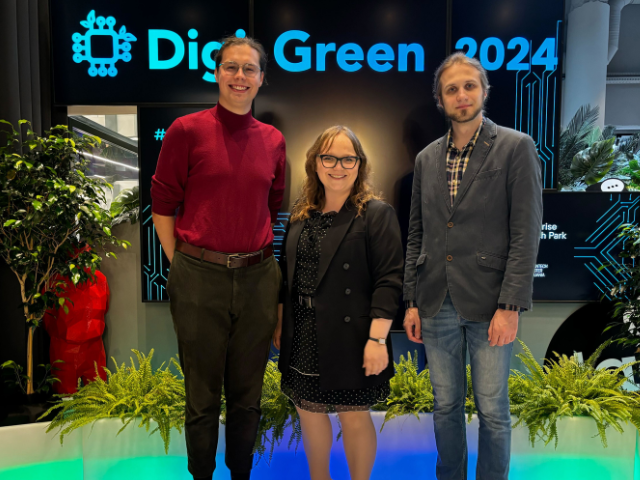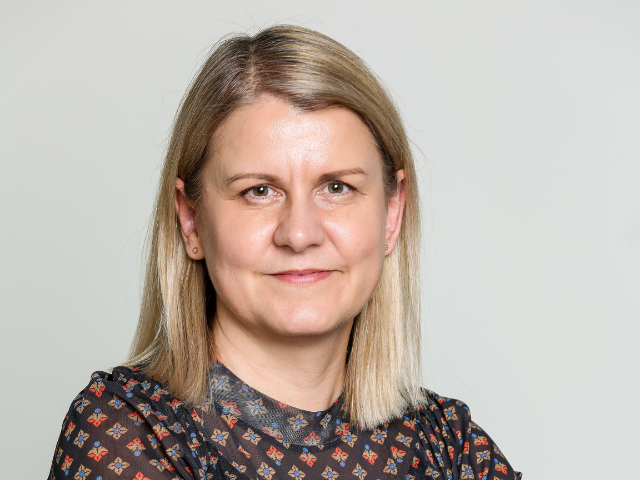“Biomatter” Attracted Investment of 6.5 Million Euros for Development of New Enzymes
Vilnius University (VU) startup Biomatter successfully attracted 6.5 million EUR investment from venture capital funds Inventure and UVC Partners. A leading enzyme engineering company uses artificial intelligence (AI) to create new enzymes that do not exist in nature. According to experts, the application of AI for the development of proteins will be transformational, helping to solve fundamental problems related to their engineering.


